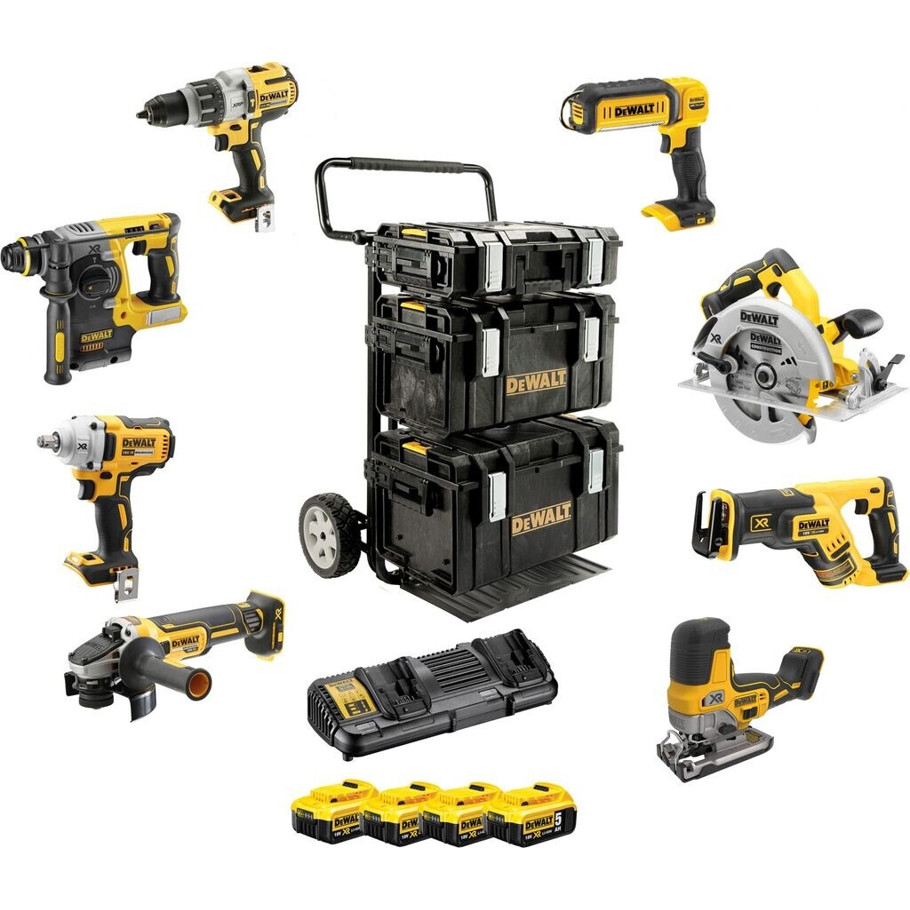This company has no active jobs
0 Review
Rate This Company ( No reviews yet )
About Us
Wall Chaser Test Tools To Improve Your Everyday Lifethe Only Wall Chaser Test Technique Every Person Needs To Be Able To
Wall Chaser Test: A Comprehensive Guide to Performance and Efficiency
Wall chasers have actually ended up being vital tools in modern-day building and restoration tasks, developed to create channels in walls for electrical circuitry, piping, or ductwork. As DIY enthusiasts and professional contractors seek performance and precision in their work, it’s vital to examine the efficiency of these tools through an extensive wall chaser test. This blog site post dives deep into the mechanics, efficiency aspects, and outcomes of wall chaser tests, supplying insights that would benefit anyone considering this tool for their projects.

What is a Wall Chaser?
A wall chaser is a customized power tool that permits users to produce narrow slots or grooves in walls. Typically, these slots were chiselled by hand, however wall chasers streamline this procedure considerably. They work by employing diamond blades to cut through masonry, concrete, or brick, allowing smooth setups of electrical channels and piping.
Features of Wall Chasers
Before we dive into the wall chaser test itself, it is vital to comprehend the features that distinguish these tools.
| Function | Description |
|---|---|
| Blade Size | Normally varies from 110mm to 230mm |
| Cutting Depth | Adjustable, generally as much as 30mm |
| Power Rating | Frequently in between 1400W to 2400W |
| Weight | Varies, usually from 3 kg to 6 kg |
| Dust Extraction | Lots of designs include dust ports or integrated extraction systems |
| Tool Speed | RPM varieties from 8,000 to 12,000, making sure quick, clean cuts |
The Importance of Wall Chaser Testing
When considering a wall chaser for purchase or use, understanding how it determines up versus its competitors in real-life circumstances is paramount. Subsequently, wall chaser tests aim to evaluate:
- Cutting Efficiency
- Ease of Use
- Dust Management
- Durability
- Sound Levels
Cutting Efficiency
One of the most crucial elements of a wall chaser is its capability to produce tidy and precise cuts. Throughout screening, the following specifications are monitored:
- Speed of Cutting
- Quality of Cut (Smooth vs. Rough)
- Consistency over Multiple Cuts
Outcomes can vary depending upon the type of wall material being cut. For instance, concrete may take longer to cut compared to drywall.
Alleviate of Use
An easy to use wall chaser will have functions that assist in operation, consisting of:
- Weight Balance: Better balance suggests decreased fatigue during extended usage.
- Grip Design: Ergonomically created grips decrease stress on the hands.
- Adjustable Depth Control: Provides adaptability for varying job requirements.
Dust Management
Effective dust management is important in preserving a tidy work environment and ensuring user health. Functions evaluated in this category include:
- Built-in Dust Extraction Systems
- Effectiveness of Dust Collection
- Amount of Dust Produced During Operation
Sturdiness
Wall chasers should be robust adequate to endure the rigors of building work. Checking will involve:
- Material Used in Construction
- Performance under Heavy Use
- Wear on Blades and Components
Sound Levels
Power tools can produce significant noise, so determining decibel levels during operation is vital. Tools fulfilling industry standards for sound would be more suitable to make sure a more secure working environment.
Wall Chaser Test Results Overview
Here’s a summed up table of a theoretical wall chaser test conducted on four popular designs readily available in the market:
| Model | Cutting Efficiency | Reduce of Use | Dust Management | Toughness | Noise Level (dB) |
|---|---|---|---|---|---|
| Model A | Exceptional | Great | Fair | Exceptional | 85 |
| Model B | Good | Excellent | Exceptional | Excellent | 78 |
| Design C | Fair | Fair | Great | Fair | 90 |
| Design D | Exceptional | Great | Excellent | Excellent | 82 |
Analysis
- Design A shines in cutting performance and durability but produces a greater sound level.
- Design B is an ergonomic choice with outstanding dust management.
- Design C, while less effective general, may match users with occasional needs.
- Design D supplies a balance of performance and noise decrease.
Frequently Asked Question on Wall Chasers
1. Can a wall chaser be utilized on drywall?Yes, wall chasers can
be used on drywall, however care should be taken to avoid overcutting, which can lead to unequal edges. 2. How deep can a wall chaser cut?Most wall chasers
can cut up to 30mm deep, however this differs based on the model. 3. Do I require specific blades for professional Tool online Shop different materials?Absolutely! Diamond bladesare advised for masonry and concrete, while specialized blades are available for softer materials like drywall. 4. Is dust management crucial when utilizing a wall chaser?Yes, effective dust management is vital for health and can impact
presence and the total workplace. 5. How do I keep my wall chaser?Regular cleansing and Profi Werkzeug Set Kaufen ensuring blades are sharp will help maintain performance. Profi Werkzeug Online Shop in a dry place to avoid rust and damage.
The wall chaser stays a vital tool for contemporary construction and remodelling tasks. By understanding its functions, performance attributes, and essential testing parameters, users
can make informed choices when picking a wall chaser that matches their requirements. The insights collected from performance testing not just boost the effectiveness of the tool however also contribute to more secure and more efficient job execution. If you’re thinking about buying a wall chaser, keep in mind to weigh all the features and test results we have discussed. Happy chasing!


